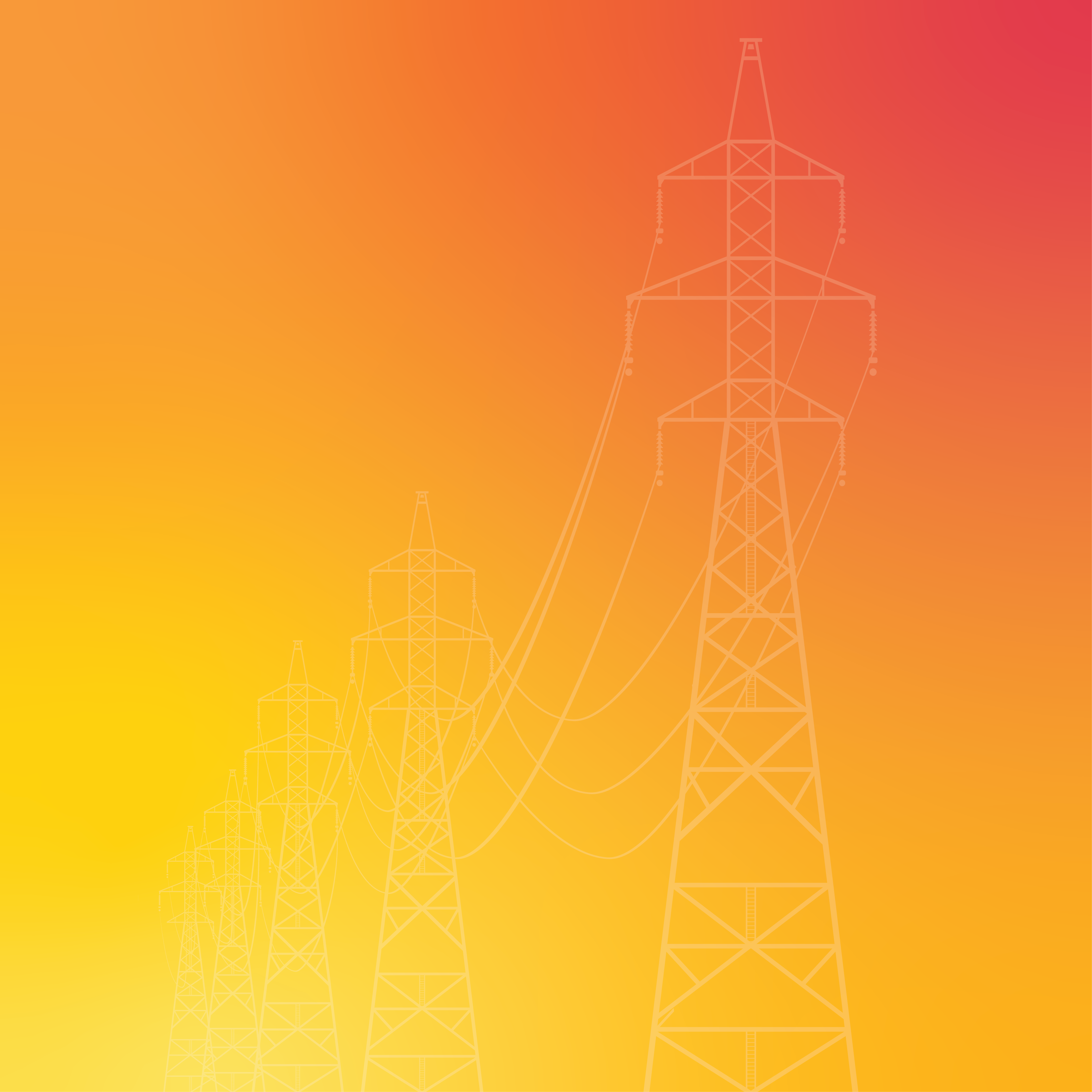WASHINGTON, D.C. – A new poll from nonpartisan consumer education nonprofit PowerLines, conducted in partnership with Ipsos, finds that three in four (73%) Americans are concerned about electric and gas utility bills rising this year, with four in five (80%) Americans saying they feel powerless over how much they are charged for utilities. These results highlight the magnitude of concern over rising utility bills among American energy consumers, with an estimated 80 million Americans struggling to pay their utility bills based on the 2024 U.S. Census Bureau Household Pulse Survey.
The national online poll, conducted for PowerLines by the nonpartisan polling company Ipsos using the probability-based online KnowledgePanel®, surveyed 2,036 American adults, including 1,944 electric billpayers, from March 28 to 30, 2025. Key findings from the poll include:
- Nearly two in three (64%) Americans whose household pays a monthly electric and gas utility bill say those bills have increased compared to a year ago.
- Nearly two in three (63%) billpayers indicate that their electric and gas utility bills are adding to their financial stress.
- Nearly half (48%) of all Americans say that rising electric and gas utility bills for consumers like them is a bad sign for the economy.
- Three in five (60%) Americans say they are not familiar with the state or local regulatory body that determines their utility bills. In a separate open-ended question, around 9 in 10 respondents could not correctly name their specific regulatory body.
“Americans nationwide are facing an unprecedented affordability crisis from rising utility bills. A majority of consumers say they do not fully understand the charges on their utility bills. They feel powerless as energy consumers,” says Charles Hua, Founder and Executive Director of PowerLines. “Factors driving these increases are diverse and vary by region, but the end result is the same: utility consumers who are stressed out. They want to see action.”
“A consistent theme emerges from this research: The American public is concerned about rising utility bills. These results hold consistent across political parties, with 74% of Democrats, 71% of Republicans, and 74% of Independents reporting concern over rising utility bills,” says Mallory Newall, Vice President of Public Polling at Ipsos. “Americans earning under $50k a year expressed particular concern, with 81% indicating they are concerned about utility bills rising this year and 76% of billpayers in this income group agreeing that electrical and gas bills add to their financial stress.”
A companion report from PowerLines titled Utility Bills Are Rising released today details the growing cost of rising utility bills and includes analysis of proposed utility bill increases across the country. The report validates the concerns reflected in the consumer survey and identifies the following key findings:
- Electricity costs have increased 30% since 2021, while gas costs have increased nearly 40% since 2019.
- Nearly 80 million Americans are struggling to pay their utility bills, forgoing basic expenses like food, education, and health care to keep their lights on.
- In the first quarter of 2025 alone, utilities requested or received approval for rate increases totaling approximately $20 billion.
The report findings highlight challenges facing state public utilities commissions (PUCs), the regulatory bodies responsible for ensuring communities have access to affordable and reliable energy, balancing the priorities of economic development and consumer protection. Approximately 200 individual commissioners oversee more than $200 billion in utility spending each year that consumers pay through their monthly utility bills.
“Rising utility bills are hurting American energy consumers, while consumer engagement with the complex system of utility regulation remains limited,” says Hua. “It is imperative that consumer perspectives and voices are strengthened in our utility regulatory system and that people understand the powerful role their state public utilities commission plays in determining their utility bills.”
“We’re witnessing utility bill inflation right here in Ohio, which is harming residents and small businesses from Cincinnati to Columbus,” said Tom Bullock, Executive Director of Citizens Utility Board (CUB) of Ohio. “Consumers want fair prices and control over their monthly bills. We need more transparency to improve trust and reforms to make the system work for consumers, not just powerful interests.”
Large industrial electric customers are also feeling the impacts of rising electric and gas bills.
“For large industrial electric customers, including manufacturers and industrial companies, the rising cost of electricity presents a significant challenge for business,” says Karen Onaran, President and CEO of the Electricity Consumers Resource Council (ELCON). “We must avoid knee-capping economic development by ensuring that electricity and gas remains affordable.”
In an era of unprecedented growth in electricity demand not seen at this scale in decades, ensuring that consumer perspectives are central to utility regulatory decision making—both in process and outcome—is key to restoring a system that serves the public interest and maintains the trust of consumers.
“We are at a crossroads with our utility regulatory system,” says Tremaine Phillips, former Michigan Public Service Commissioner. “During my time as Commissioner, I saw firsthand how utility bills are impacting consumers and the power PUCs have to protect their interests. We must act swiftly.”
As policymakers at both the state and federal levels confront the challenges of managing rising utility bills and lessening the burden on American households and families, PowerLines seeks to ensure consumer perspectives are adequately represented in the utility regulatory system.
PowerLines is a nonpartisan consumer education nonprofit organization that aims to modernize the utility regulatory system for American energy consumers to lower utility bills and grow the economy.
